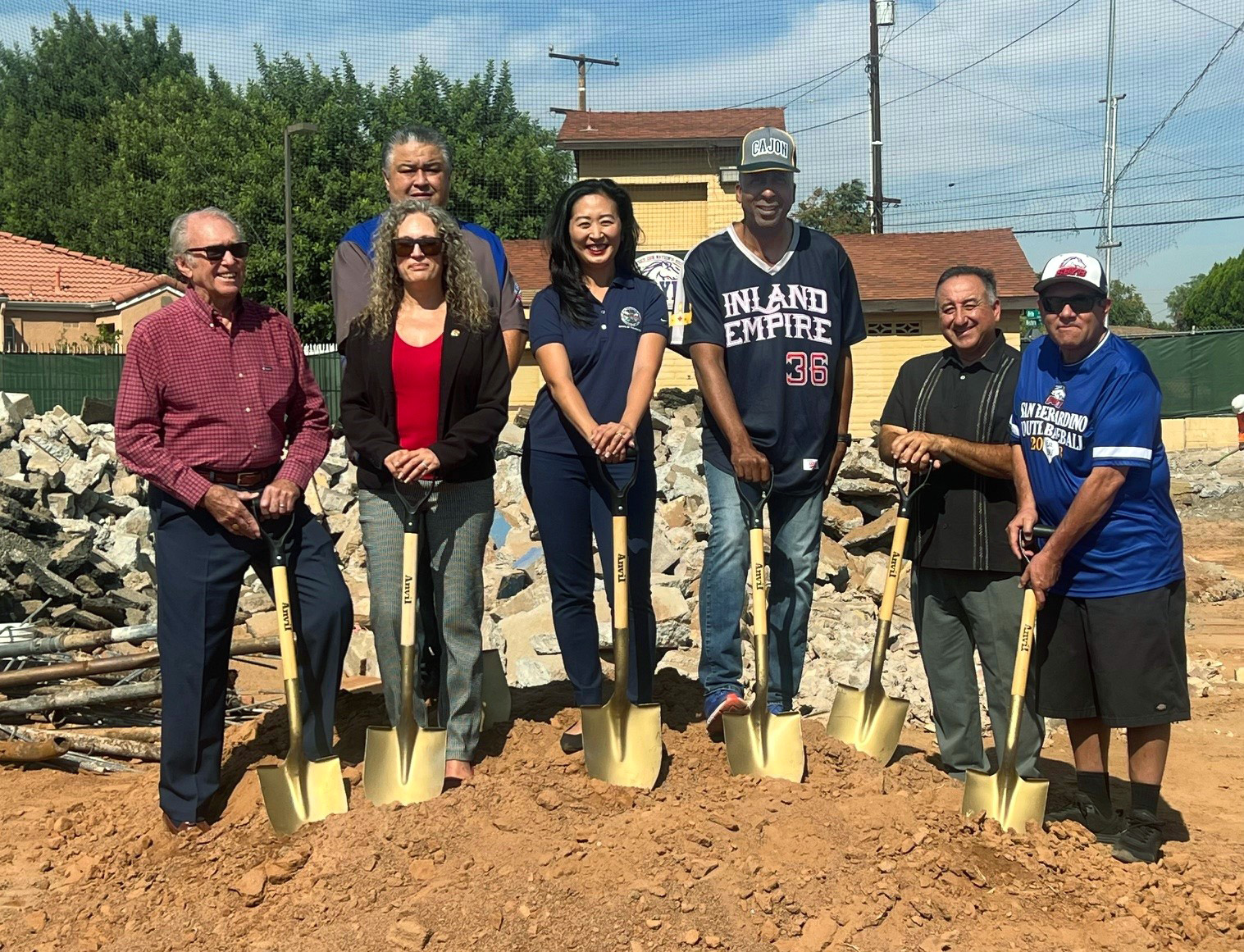In another move to regulate the oil industry, California Gov. Gavin Newsom on Monday signed legislation requiring refineries to maintain a minimum supply of fuel and plan ahead for maintenance.
According to the governor’s office, price spikes at the pump become profit spikes for oil corporations that are “overwhelmingly” the result of refineries failing to backfill supplies when they stop producing gasoline to do maintenance, leading to gasoline shortages. Citing an analysis by the state’s Division of Petroleum Market Oversight, Newsom and the State Assembly majority claim if the law had been in effect last year, consumers in California “could have saved hundreds of millions — if not billions — of dollars at the pump.”
The special legislative session’s final vote counts to approve ABx2-1 in the Assembly were 42-16 with 21 members not voting Monday and the 23-9 in the Senate with eight senators not voting Friday.
“Price spikes have cost Californians billions of dollars over the years, and we’re not waiting around for the industry to do the right thing — we’re taking action to prevent these price spikes and save consumers money at the pump,” Newsom said in a statement. “Now, the state has the tools to make sure they backfill supplies and plan ahead for maintenance so there aren’t shortages that drive up prices. I’m grateful to our partners in the Senate and Assembly for acting quickly to push this forward and help deliver relief for Californians.”
The Western States Petroleum Association released a prepared statement following the law signing:
“Today’s press conference was not about solving California’s real challenges — it was a political performance,” WSPA President and CEO Catherine Reheis-Boyd said. “The Governor’s attacks, filled with personal insults toward the press and the industry, only serve to divide, not address the urgent issues we face.
“Instead of offering real solutions, the Governor chose to demonize an industry that powers California’s economy and fuels the daily lives of millions,” the statement continued.” This kind of inflammatory language won’t lower gas prices, fix the energy crisis, or help the state achieve its climate goals. In fact, the administration’s refusal to address the complexities of the industry during legislative hearings — where even its own experts admitted they didn’t have answers — shows a clear disconnect between rhetoric and reality.
“We are here to solve problems and the oil and gas industry has always been ready to collaborate in good faith. Californians want leaders who tackle issues head-on and bring people together, not those who tear others down for political gain. It’s time to put politics aside and focus on what truly matters — delivering affordable, reliable energy while addressing the challenges of climate change. That’s the leadership Californians need.
“In the meantime, we will ensure Californians aren’t being fleeced into believing this administration is focused on lowering gas prices. High gas prices are by design, driven by state policies meant to force a switch to Zero Emission Vehicles. With several cost increases likely in 2025, consumers deserve transparency on how these policies will hit their wallets.”
Newsom started the effort to regulate the gasoline market following price spikes in 2023 and the year prior, when prices rose to record highs. In Los Angeles County, the price for a gallon of regular self-serve gas peaked at $6.49 Oct. 5, 2022, according to AAA and the Oil Price Information Service.
California’s Division of Petroleum Oversight reported that the 2022 price inflation was caused by a suspicious market transaction and refinery maintenance performed without proper advance preparation for impacts on the fuel supply.
The state’s gasoline price watchdog also found that last year gas prices spiked mainly because of refineries going offline without sufficiently planning to backfill fuel inventories, “which caused refining margins to spike as spot and retail prices jumped — indicating that refinery margins made up the largest proportion of the price spikes between July and September 2023,” according to Newsom’s office.
Also Monday, the governor announced appointments to the Independent Consumer Fuels Advisory Committee that a 2023 law established. The committee appointees were Martha Dina Arguello, executive director of Physicians for Social Responsibility – Los Angeles; Michael Jorgenson, former supervisory deputy attorney general at the California Department of Justice; Stanford economics professor Neale Mahoney; Deborah Meeks, manager of United States West Coast policy and business coordinator at Shell USA; Norman Rogers, of Santa Ana, second vice-president at United Steelworkers Local 675; and Astrid Zuniga, United Domestic Workers/AFSCME 3930 president.







